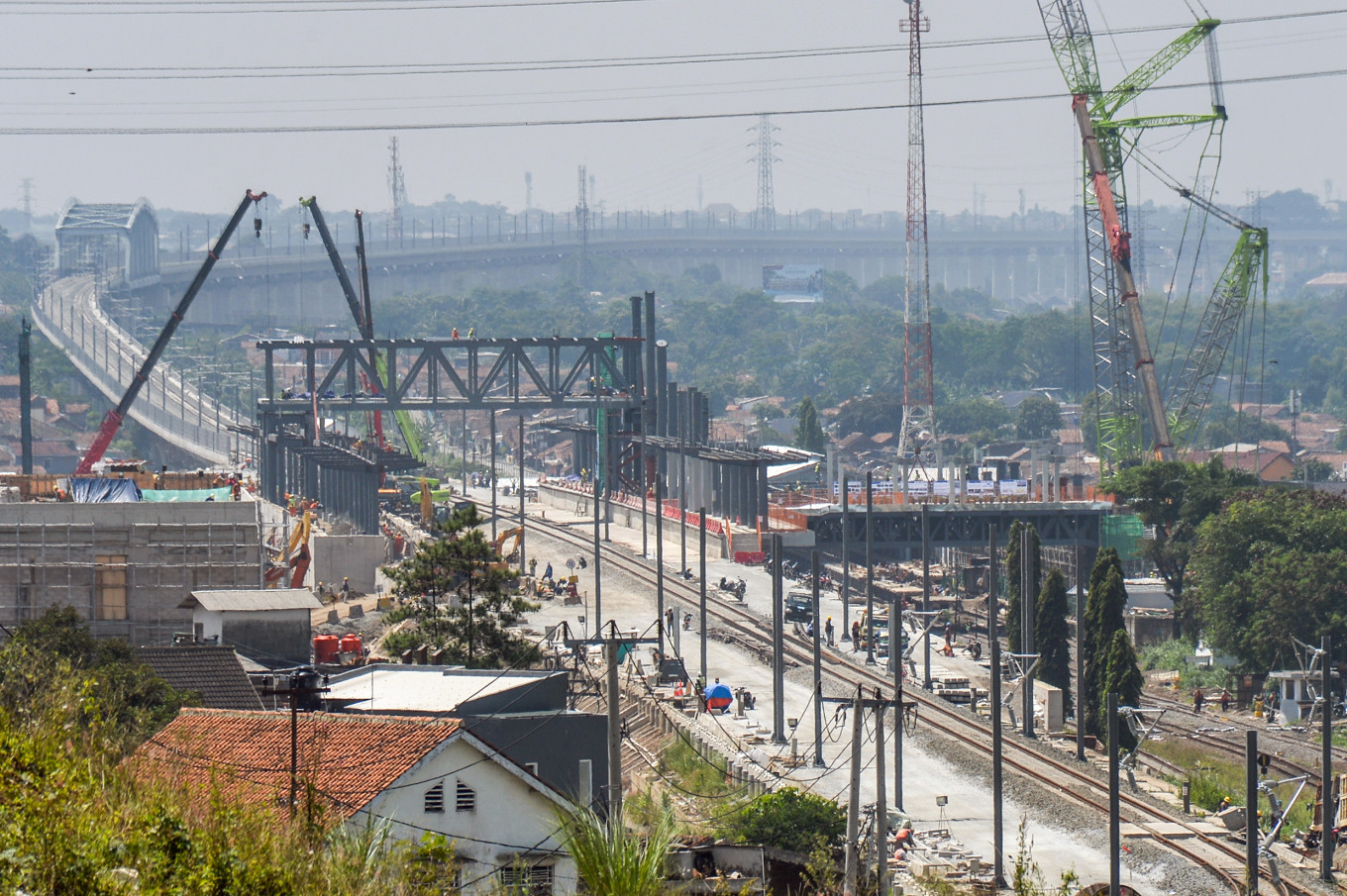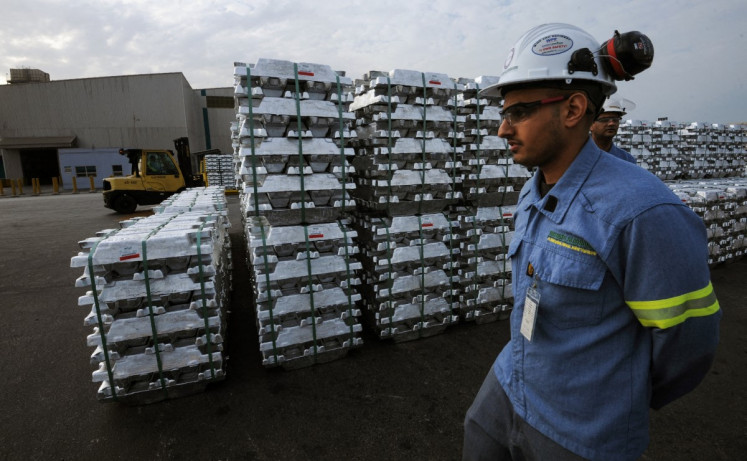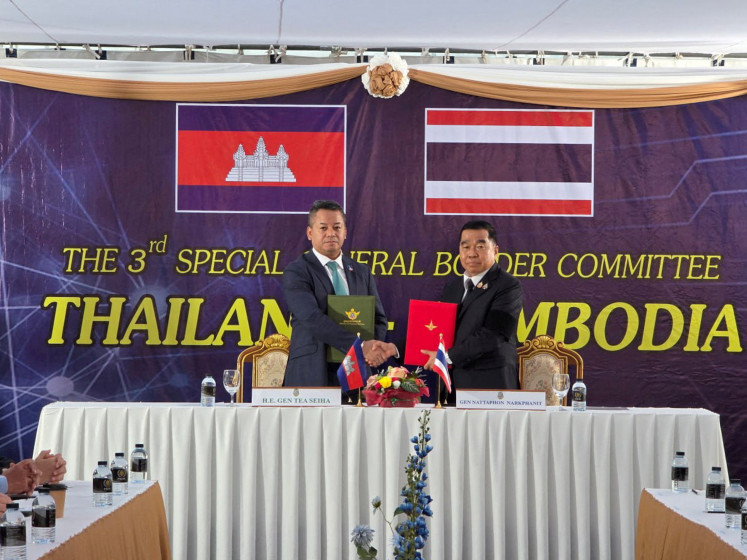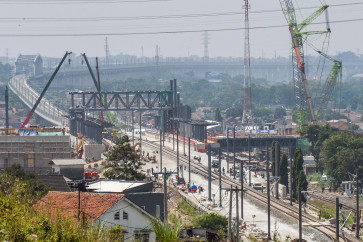Popular Reads
Top Results
Can't find what you're looking for?
View all search resultsPopular Reads
Top Results
Can't find what you're looking for?
View all search resultsAdvancing public-private joint ventures to develop transportation sector
The KPBU is an example of creative financing structures that are emerging in response to Indonesia’s infrastructure needs and the government’s limited funding capabilities.
Change text size
Gift Premium Articles
to Anyone
I
ndonesia’s transportation sector is undergoing a major transformation, thanks in part to the innovative financing model known as Kerjasama Pemerintah dengan Badan Usaha (KPBU) or Government Cooperation with Business Entities, a type of public-private partnership (PPP) arrangement used in Indonesia to fund infrastructure projects. The KPBU was introduced in 2010 under Law No. 25/2007 on Investment, and it is governed by a set of regulations issued by the Finance Ministry.
Theoretically speaking, by tapping into private sector funding and expertise, the government can access resources that may not be available through traditional financing channels. Private partners are incentivized to invest through revenue-sharing arrangements and other guarantees provided by the government.
Meanwhile, the government maintains ownership of the asset and shares in the risks and rewards of the project. As Indonesia continues to invest in infrastructure, the KPBU is likely to play a key role in achieving these goals.
For instance, according to the Medium-Term Development Plan (RPJMN) 2020-2024, the financing needs for infrastructure development in Indonesia are estimated at Rp 6.4 quadrillion (US$427 billion). of which only 37 percent or Rp 2.3 quadrillion is expected from the state budget and the remainder from the private sector.
As of December 2020, a total of 34 KPBU projects worth Rp 284.8 trillion have reached financial closure. They cover various sectors such as transportation, energy, water supply, waste management and public lighting.
The KPBU is an example of creative financing structures that are emerging in response to Indonesia’s infrastructure needs and the government’s limited funding capability. This has led the government to prioritize the KPBU, with the establishment of a specialized unit within the Finance Ministry to oversee such projects.
According to the Sector Review Report, transportation is one of the six priority sectors for KPBU projects in Indonesia, along with water, energy, urban infrastructure, health and education. Indonesia’s transport sector has seen several successful infrastructure projects developed under the KPBU scheme, including the Trans-Java toll road, which spans over 1,100 kilometers and has expedited connectivity between cities and regions, reduced travel time and promoted economic development. Terminal 3 at Soekarno-Hatta International Airport in Tangerang, Banten, is another success story as it has improved capacity and efficiency, as well as a better passenger experience.



















